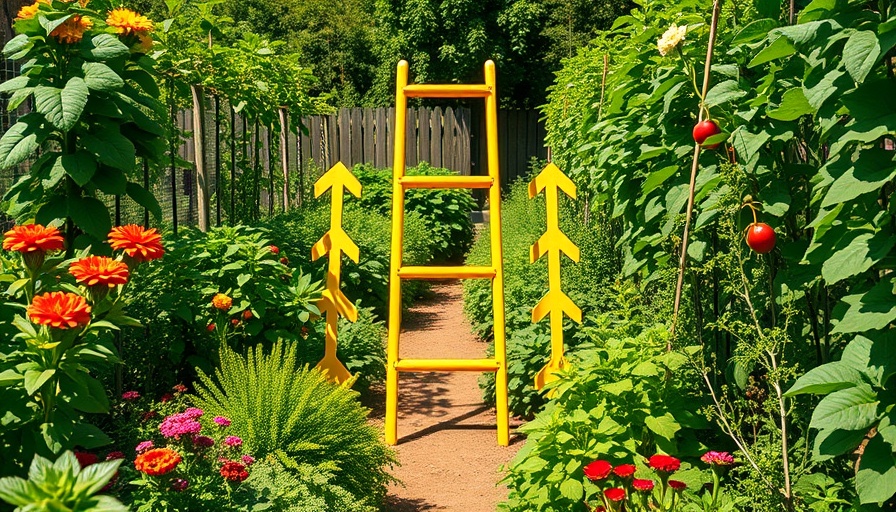
Is Crop Rotation Necessary for Home Vegetable Gardens?
If you're a homeowner venturing into vegetable gardening, you might be wondering about the necessity of crop rotation. While this age-old agricultural practice can be effective on farms, it might not be the best approach for every home garden.
Understanding Crop Rotation
Crop rotation involves changing the location of specific vegetable crops each growing season. This method aims to prevent the buildup of pests and diseases, conserve soil nutrients, and mimic successful agricultural practices. Traditionally, experts recommend rotating vegetable families every three to four years.
Why It Works in Farming
In large-scale farming, where monocultures are common, the risks of pests and nutrient depletion are heightened. Constantly planting the same crops in the same location encourages infestations and soil degradation. Agricultural studies have shown crop rotation to be a powerful tool in combating these issues effectively.
Why It May Not Work in Your Garden
However, home vegetable gardens often differ from large farms. Urban gardens typically host a diverse array of plants closely spaced, which already helps mitigate the risks of pest and disease buildup. Instead of focusing solely on crop rotation, homeowners should prioritize optimal growing conditions—like sunlight, moisture, and soil quality.
Focusing on Basic Gardening Principles
For home gardeners, ensuring proper care for plants may yield better results than strictly adhering to a complex crop rotation schedule. Sufficient sunlight, adequate water, and nutrient-rich soil are crucial for thriving plants.
Making the Right Decisions for Your Garden
Ultimately, the best approach is tailored to your specific gardening environment. Understanding your microclimate and the needs of your plants can lead to a more productive harvest than rigidly rotating crops. Embrace flexibility in your gardening techniques, and prioritize overall plant health rather than strictly prescribed practices.
Conclusion
As you navigate your gardening journey, remember that effective practices depend significantly on your individual circumstances. Crop rotation may be beneficial for some, but for many home gardeners, basic principles of care will lay the foundation for a successful vegetable garden. Take time to assess your garden’s unique conditions and experiment with techniques that yield the best results for you.
 Add Row
Add Row  Add Element
Add Element 



Write A Comment